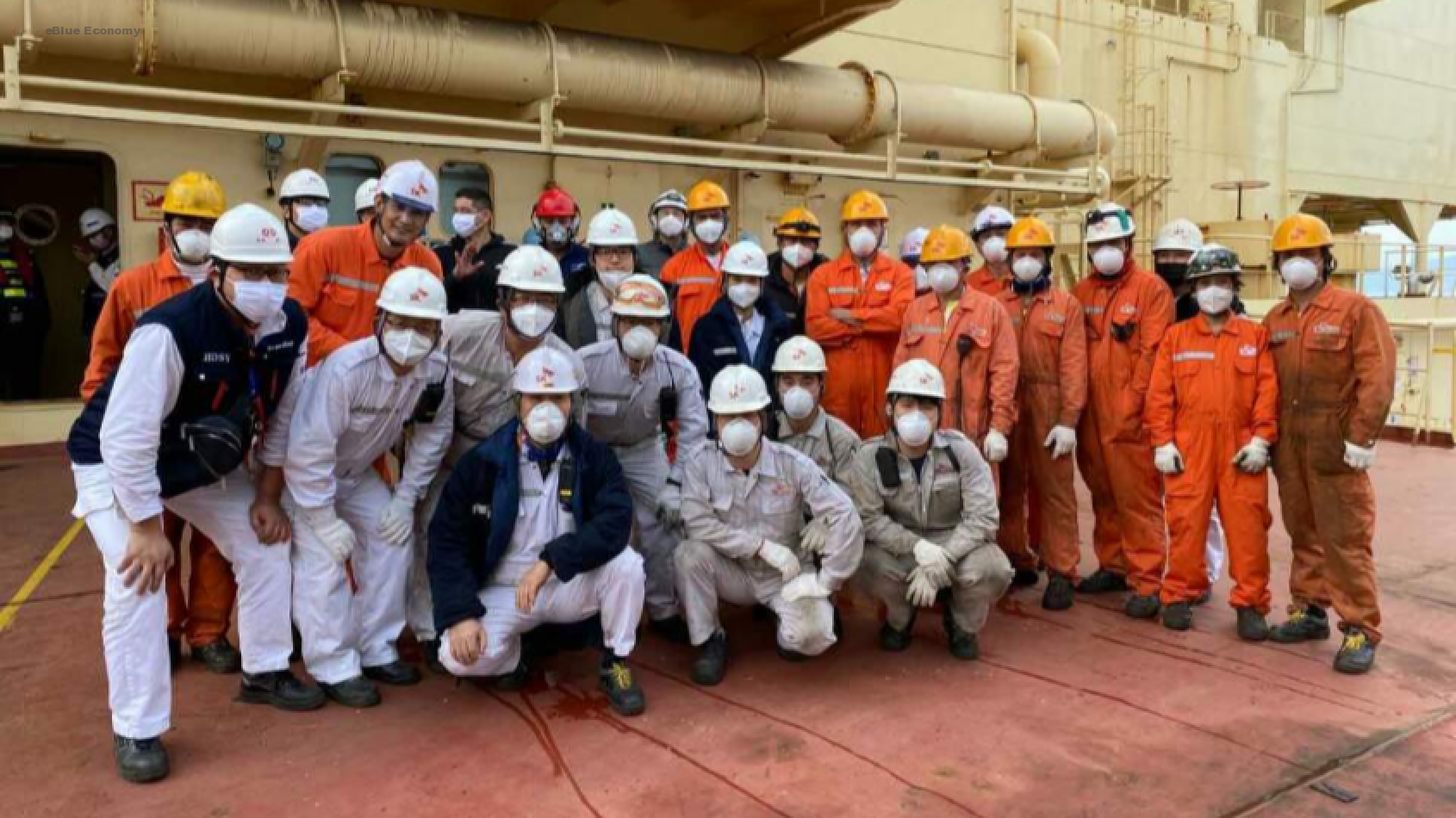Shipping is concerned that the numbers of seafarers being impacted by the crew change crisis are on the rise due to travel restrictions imposed by governments in response to new variants.
The latest collective industry analysis shows that 200,000 seafarers are currently affected by the crew change crisis, a marked reduction from the height of crisis where 400,000 needed to be repatriated.
However, with governments reintroducing stricter border control and travel restrictions due to new COVID-19 variants making it harder for crew to transfer to and from ships.
So far, only 55 countries and two associate members of the IMO have declared seafarers as keyworkers and more work must be done to ensure crew do not once again become collateral damage in the pandemic. In a landmark ruling in December 2020, the International Labour Organisation (ILO) found that governments have failed to protect seafarers’ rights as set out in international law under the Maritime Labour Convention, 2006. The UN agency called on states to recognise seafarers as key workers “without delay”.
Concerns about prioritisation for vaccination for seafarers must also be addressed. Vaccine passports being considered by some States pose a potential barrier to crew change as seafarers from developing nations are unlikely to have an opportunity to receive vaccines until July at the earliest.

eBlue_economy_Guy Platten, Secretary General of the International Chamber of Shipping
“The crew change crisis is not resolved but has reached a situation where it has been more manageable. However, there is great concern over the increased travel restrictions being imposed by governments in response to new variants. Seafarers must be designated as keyworkers. The crisis is still ongoing, and we will not let up our efforts. Governments will not be able to vaccinate their citizens without the shipping industry or, most importantly, our seafarers,” saidGuy PlattenSecretary General ICS

eBlue_economy_Cotton
“The stark reality is that only a few handfuls of countries have treated seafarers with the respect they deserve by designating them real key worker status. Unless government’s move from the protectionist positions that they’ve been in for over 12 months now, and allow seafarers genuine free movement and prioritization for vaccinations sadly the situation could easily spiral out of control yet again,” said Stephen Cotton, ITF General Secretary.
press release














